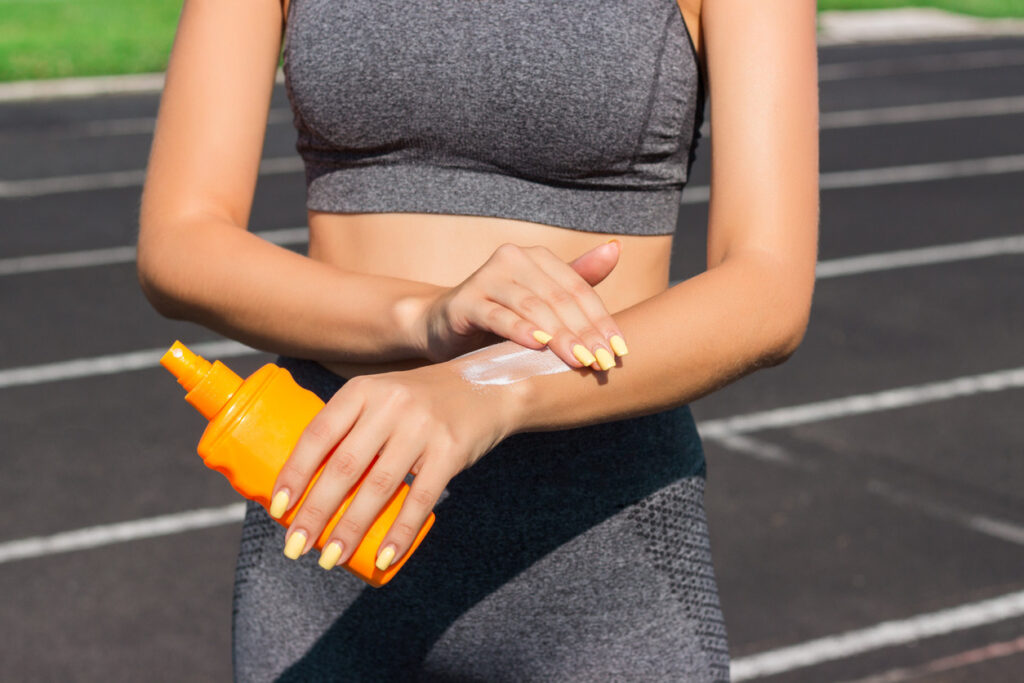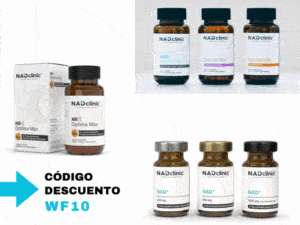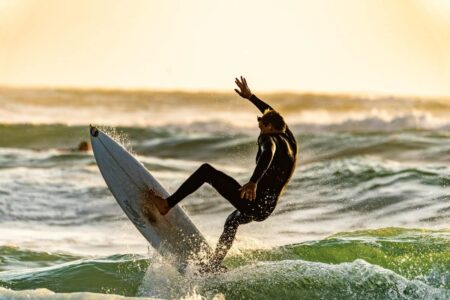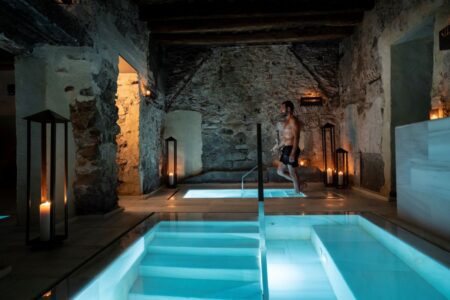23 May is World Melanoma Day. With the arrival of summer, the days are getting longer, the temperature is inviting and outdoor sports are becoming a favourite activity for many. However, prolonged exposure to the sun during training, walking or running sessions carries an obvious risk: accumulated sun damage to the skinwhich can lead to premature ageing, blemishes or even skin cancer if appropriate measures are not taken.
And while the "wear sunscreen" message seems to be taken for granted by most people, common doubts persist among those who exercise in the sun:
Does perspiration affect the effectiveness of sunscreen?
Does sunscreen block vitamin D production?
Are there specific formulas for those who do sport?
Let's take it one step at a time.
Sweat, sport and protection: is there a loss of effectiveness?
Sweat is one of the great enemies of poorly applied sunscreen. When we perspire heavily, as is common during physical activity, some of the product can be diluted, displaced or even removed if we dry ourselves with a towel.
Therefore, it is key to choose water- and sweat-resistant sunscreenswith light, fast-absorbing textures that do not irritate the eyes. Products such as Fusion Water Magic SPF 50by ISDIN -currently promoted by the tennis player Carlos Alcaraz (who on World Melanoma Day was at the Roland Garros in Paris shooting the video above) - have been designed specifically for these scenarios. Their formula is designed to leave no residue, resist perspiration and keep skin protected without feeling greasy or irritated, even after hours of movement.
The campaign starring Alcaraz conveys precisely that message: daily photoprotection, fresh and comfortableadapted to an active, dynamic and sun-exposed lifestyle. It is no coincidence that she has become the face of the product: professional sport needs performance in personal care as well.
Does sunscreen block vitamin D?
This is one of the most widespread myths, and it has some truth to it, but also many nuances.
Vitamin D is synthesised in the skin through direct exposure to UVB rays from the sun. In theory, broad-spectrum sunscreens block this radiation, which could reduce the skin's production of this essential vitamin. However, In practice, the use of sunscreen does not completely prevent vitamin D synthesis..
Studies have shown that even with the correct application of sunscreens, some UVB radiation still reaches the deeper layers of the skin, allowing sufficient vitamin D production in healthy people. In addition, the majority of the population sunscreen is not applied in perfect amounts or with the right frequency.This leaves sufficient solar absorption margins to maintain levels within the recommended range.
The key is balance: protect yourself without obsessing, expose yourself with common senseand in the case of a deficiency ascertained by analysis, opt for controlled supplementation under medical supervision.
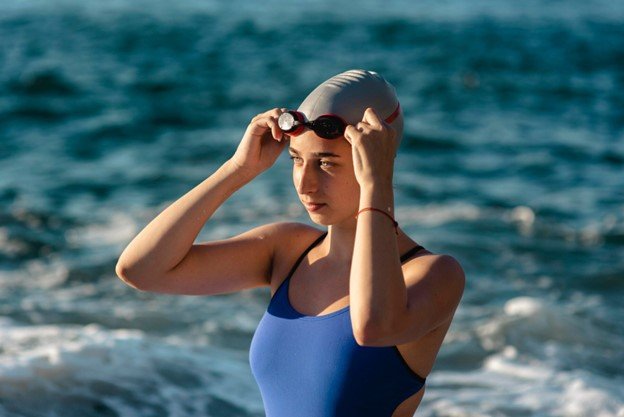
Tips for effective protection in outdoor sports activities
- Apply sunscreen 30 minutes before going out.Apply a generous amount to dry skin.
- Reapply every 2 hours or after heavy sweating, swimming or towelling.
- Choose oil-free, water-resistant and fast-absorbing productssuch as the "wet skin" or "fusion water" formulas.
- Don't forget exposed areas such as ears, neck, lips, insteps and hands.
- Use caps or visorssunglasses with UV filter and technical clothing with sun protection where possible.
- Avoid direct sun exposure between sunrise and sunset. 12:00 and 16:00the moment of maximum radiation.
Moderate sun exposure is beneficial, necessary and a source of well-being. But doing so without protection - especially during sport - is risky. Sweat and movement can compromise the effectiveness of sunscreen, but they are not excuses for not using it: it is enough to choose the right product and apply it with discipline.
In a summer where physical well-being and skin health go hand in hand, messages like those of Carlos Alcaraz, ambassador of an active and protected lifestyle, lead the way. Because living in the sun should not cost us our skin.
